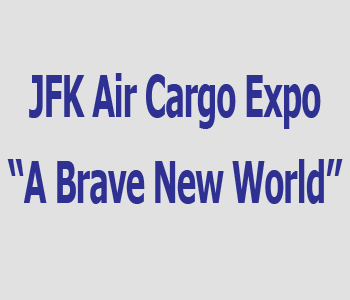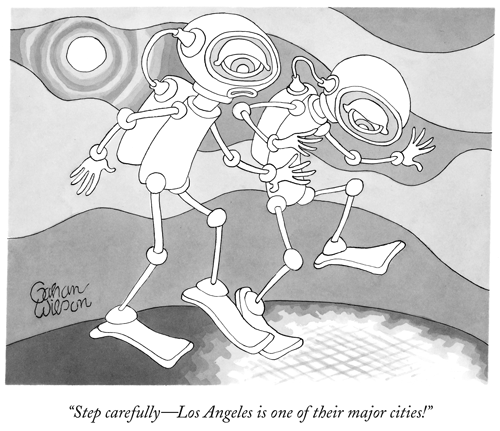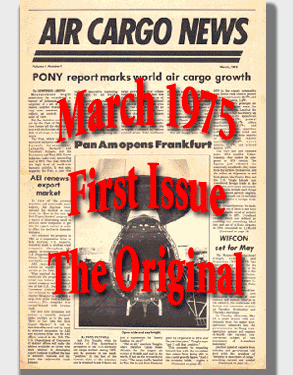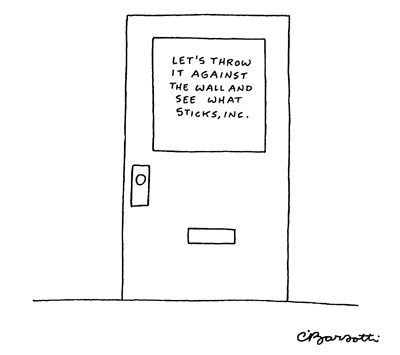
#INTHEAIREVERYWHERE |
|
|
Vol. 13 No. 23 THE AIR CARGO NEWS THOUGHT LEADER Monday March 10, 2014 |
 |
“There’s
a new spirit of optimism and a momentum toward innovation within the United
Cargo team – and our customers are sensing this as well,”
said Robbie Anderson, President-United Cargo as Air Cargo Symposium in
Los Angeles takes off this week.
“Firstly, United
Cargo, previously coupled with Airport Operations, is now our own separate
division within United Airlines.
“Next, as our technology
has stabilized, we are evaluating and planning to implement the advancements
needed to be a leader in this area.
“A focal point of
our product development in 2014 is TempControl – our service for
shipments requiring temperature-controlled transport.
“An issue that is
generating more attention and activity – for United Airlines, United
Cargo, and for both the airline and air cargo industries – is our
suite of programs to reduce the impact of our business operations on the
environment.
“But Air cargo’s
response to the challenge to become “greener” is the subject
of both my presentation (“Mandatory Reporting of Carbon Footprints”
and my panel participation (“Air Cargo and the Environment: Are
We Doing Enough?”) at the IATA World Cargo Symposium in LAX this
week.”
“Another thing we’re
proud of and that customers have noticed: a few weeks back United Cargo
launched a new ad campaign that reinterprets United’s “flyer-friendly”
brand message for the cargo marketplace. |
 |
 |
Although he rarely makes this type of industry
scene, one week in Long Beach and the nextt in Los Angeles, no doubt Smith
will carry his message forward, even though he will probably not make
news saying the same thing two weeks in a row. |
 |
|
|
|
Adds Africa
“Africa is a key growth region
for Emirates SkyCargo and the additional capacity and frequency of a scheduled
freighter service will create new opportunities for businesses in Tunisia
and Cote D’Ivoire,” said Nabil Sultan, Emirates Divisional
Senior Vice President, Cargo as scheduled weekly (Mondays) B777F begins
service Dubai, Abidjan,Tunis and return next Monday, March17. |
 |
|
|
| |
|
|
“From the
equality of rights springs identity of our highest interests; you
cannot subvert your neighbor's rights without striking a dangerous
blow at your own.” —Carl Schurz |
Get
On Board Air Cargo News FlyingTypers |
|
If
You Missed Any Of The Previous 3 Issues Of FlyingTypers |
|||||
|
|||||
FT022614 |
FT030514 |
||||
|---|---|---|---|---|---|
Publisher-Geoffrey Arend •
Managing Editor-Flossie Arend • Associate Publisher/European Bureau Chief-Ted
Braun Film Editor-Ralph Arend • Special Assignments-Sabiha Arend, Emily Arend • Advertising Sales-Judy Miller |
|